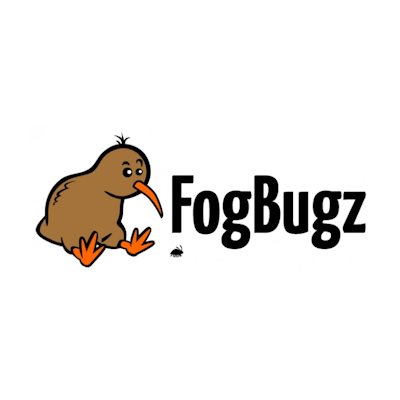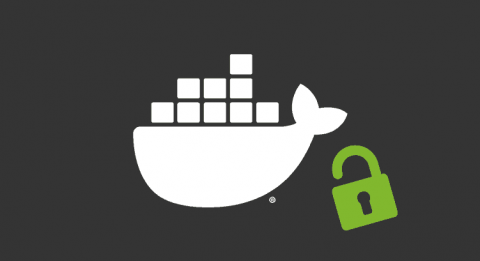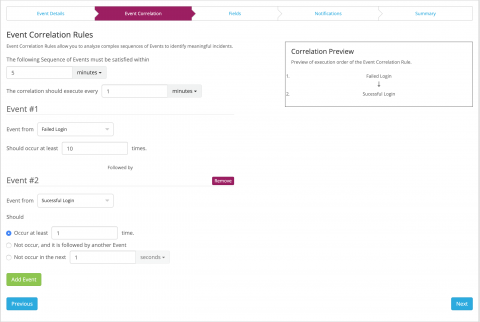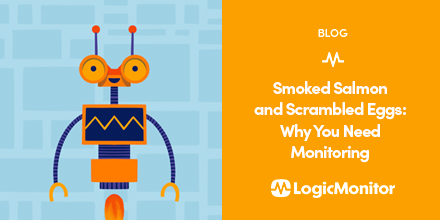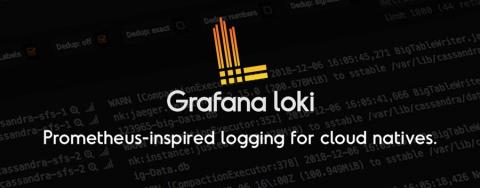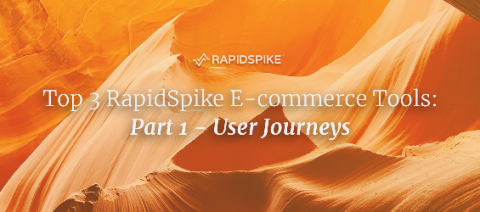FogBugz - Agile Project Management Made Easy
There are a number of agile project management tools on the market but one of the oldest and focused agile project management solutions is FogBugz. Launched in 2001, by legendary software developer Joel Spolsky (Founder of Stack Overflow and Trello) FogBugz was specifically designed for small to medium sized businesses with an audience of developers in mind. The features listed below highlight the functionality FogBugz has to offer…


